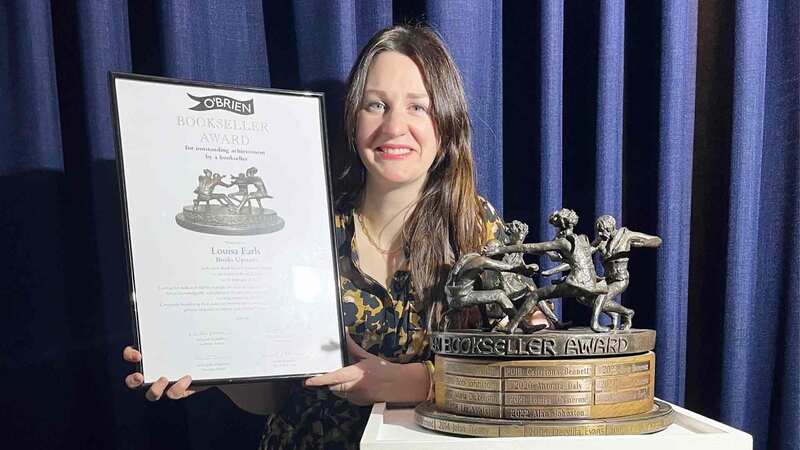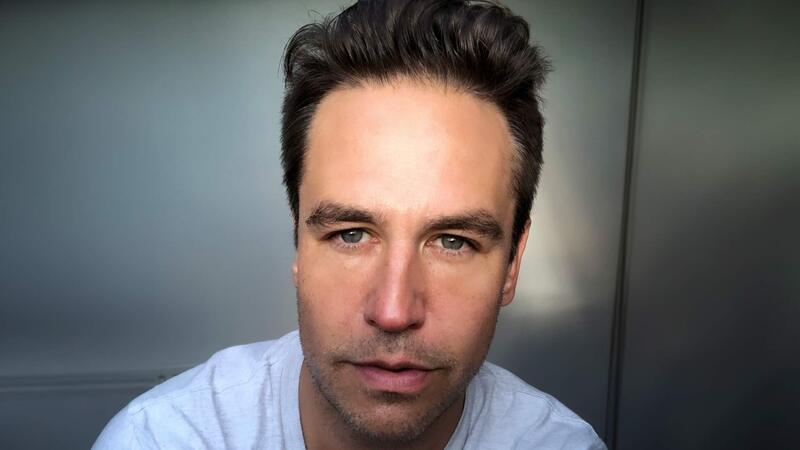You are viewing your 1 free article this month. Login to read more articles.
Transworld scoops Whipple's book on science that helped Allies win Second World War
Transworld has scooped a book on the secret science that helped the Allies win the Second World War by the Times science journalist Tom Whipple.
Eloisa Clegg, commissioning editor, acquired UK and Commonwealth rights to The Battle of the Beams from Sarah Williams at the Sophie Hicks Agency. Clegg has since left Transworld, and Stephanie Duncan is now the editorial lead on the project. The book is slated to publish in May 2023.
The Battle of the Beams promises to tell the story of the man who was at the forefront of Britain’s top secret radio war, helping out-fox the Nazis in their attempts to use the first-ever precision bombing, and then to unravel and ultimately defeat the Luftwaffe’s radar defences when the Allies went on the offensive.
The publisher said: “At the start of the Second World War the Allies were still using celestial navigation to find their way across the skies. They had no means of accurately hitting enemy targets. Unbeknownst to them, the Germans were swiftly developing the technology that would mean they could do just this. If they succeeded in deploying this against the Allies, the outcome of the war could have been very different. It’s extraordinary how little we know about this crucial part of Second World War history; Tom has managed to decode the science in a way that means readers will finally be able to piece together how influential radio technology was on the outcome of the war. This is a huge missing piece in the canon of Second World War literature, and we are so excited to bring it to readers far and wide.”
The Battle of the Beams will focus on the eccentric and fiercely intelligent Reginald Jones, a young genius helping the British government with scientific developments. When Jones explained the beams that the Germans had devised to Churchill, he immediately supported Jones’ efforts to develop radio technology to help Britain win the war. This decision would change the course of Jones’ life and, in turn, that of the Second World War.
Whipple said: "I am excited to work with the fabulous team at Transworld to tell a tale that combines history, science, derring-do and dogged determination. Reginald Jones was a formidably clever scientist, with the rare skill of being able to put himself in the enemy’s mind. He also, though, was in the thick of decision making. Unlike some of the other famous scientists of the Second World War, he used and commissioned intelligence that relied on the unimaginable bravery of foreign agents, commandos and reconnaissance pilots.
"Telling his story properly involves telling the story of many others – from engineers at the forefront of radar technology to resistance fighters whose names will never be known. Luckily, I have found in researching his papers that I could ask for no better guide to help me tell that story. It has been a privilege over the past two years to immerse myself in the world of a man who was not just very clever, who not only found himself at the centre of one of the greatest stories in our history, but was also, as I have come to realise when reading his previously classified reports, very funny."




















